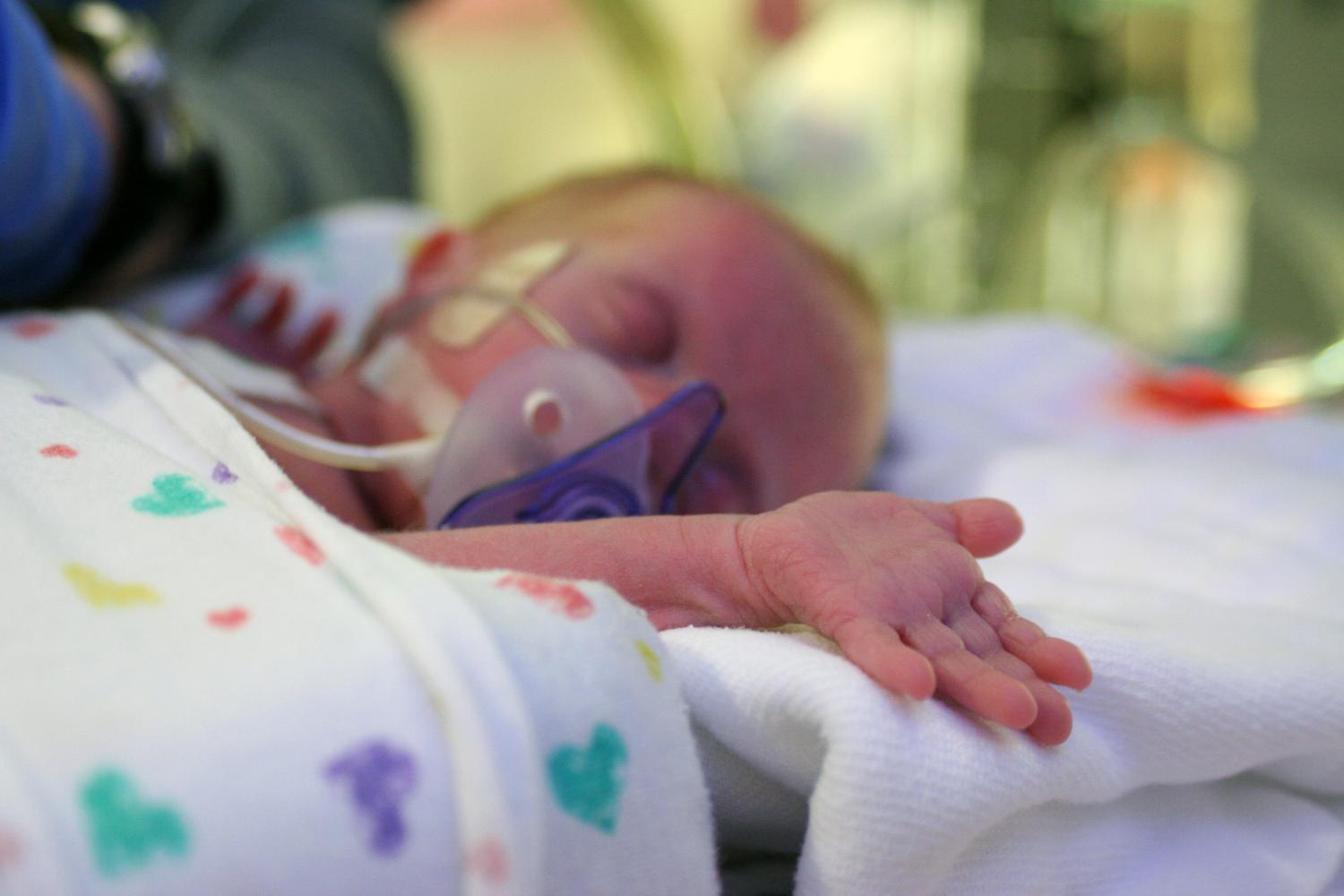This is a title that I hope caught your eye. In the nearly twenty years I have been in the field of Pediatrics the topic of parking being a barrier to parental visitation has come up again and again. A few years ago the concern about the cost of parking was so great that I was asked if I could find a pool of donors to purchase parking passes to offset the burden to the family. The theory of course is based on the idea that if parking were free in the NICU parents would visit more. If parents visit more they will be more involved in the care of their baby, more likely to breastfeed and with both of these situations in play the infant should be discharged earlier than other infants whose parents don’t visit. Try as I might it was a tough sell for donors who tend to prefer buying something more tangible that may bear their name or at least something they can look at and say “I bought that”. This is quite tough when it comes to a parking stall and as such I am still looking for that elusive donor. Having said that, is there any basis to believe that free parking is the solution that will deliver us from minimal visitation by some parents?
A Study May Help Answer The Question
Northrup TF et al published an article that was sent my way and to be honest I couldn’t wait to read it. A free parking trial to increase visitation and improve extremely low birth weight infant outcomes. This is like the holy grail of studies. A study that gets right to the point and attempts to answer the exact question I and others have been asking for some time. The study took place in Houston, Texas and was set up as an RCT in which families were randomized into two groups. Inclusion criteria were birth weight ⩽1000 g, age 7 to 14 days and deemed likely to survive. Seventy two patients were enrolled in the free parking group while 66 were placed in the usual care. Interestingly the power calculation determined that they would need 140 to show a difference so while 138 is close it wasn’t enough to truly show a difference but let’s see what they found.
The Results
Free parking made absolutely no difference for the whole group. Specifically there was no difference in the primary outcome of length of stay or hours spent per visit. Some interesting information though that may not be that surprising was found to be of importance in the table below. 
It may not seem like a surprise but the patients who were more affluent and those who had less children tended to visit more. The latter makes a lot of sense as what are many people to do when they have one or more other children to care for at home especially in the face of little support? Would free parking make one iota of difference if the barrier has nothing to do with the out of pocket cost?
The conclusion was that the strategy didn’t work that well but as you may have picked up I think the study was flawed. By applying the strategy to all they were perhaps affected by choosing the wrong inclusion criteria. Taken to an extreme, would a 50 million dollar Powerball winner care one bit about parking vouchers? It wouldn’t make any difference to whether they were going to come or not. Similarly a single mother with 5 other kids who lives below the poverty line and has little support is not going to come more frequently whether they have a voucher or not.
What if the study were redone?
I see a need to redo this study again but with different parameters. What if you randomized people with a car or access to one who lived below a certain income level and had a committed support person who could assure that team that they could care for any other children the family had when called upon? Or one could look at families with no other children and see if offering free parking led to more frequent visitation and then from there higher rates of Kangaroo Care and breastfeeding. I for one haven’t given up on the idea and while I was truly excited to be sent this article and sadly initially dismayed on first read, I am hopeful that this story has not seen it’s end.
It is intuitive to me that for some parents parking is a barrier to visiting. Finding the right population to prove this though is the key to providing the evidence to arm our teams with evidence to gain support from hospital administrations. Without it we truly face an uphill battle to get this type of support for families. Stay tuned…

